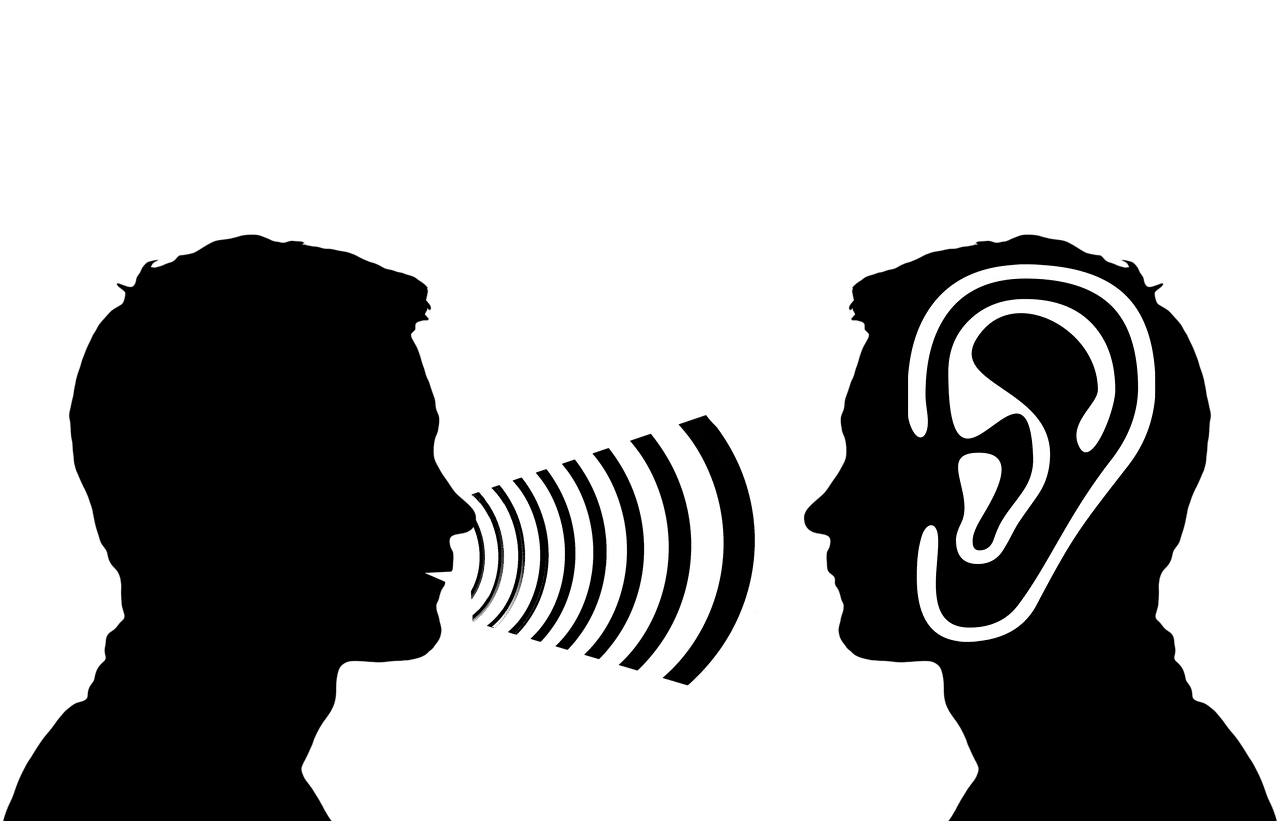
The ear makes it possible to perceive sounds.
Ear is the name given to the organ whose function is to allow a person or animal to hear . It is usually divided into inner, middle and outer ear in order to facilitate its analysis.
In the ear there are various nerves, membranes and cells that enable the perception of sounds and that also have great importance in the balance of the individual. The ear is responsible for capturing the waves that arrive as energy , converts them into sound and sends them to the brain so that the information can be processed and interpreted.
By extension to the functioning of this organ, the sense of hearing and the ability or talent of a person to recognize and interpret melodies or songs is known as ear. For example: "It seems to me that I have problems with my hearing: I haven't heard very well lately" , "If my hearing is correct, I think the doorbell rang" , "Juan has great hearing: he can play songs on the guitar after having them." heard once or twice .
Expressions with the term heard
The concept of ear is also included in various popular phrases and expressions, generally linked to hearing. If a person asks another person to "open their ears," what they are really asking them to do is pay attention to what they are about to say: "Open your ears wide because I won't repeat it."
"Lending your ear," on the other hand, is associated with being willing to provide support to a subject and listen to their problems: "Thank you for always lending me an ear, sometimes I need to unload on someone."
auditory memory
The ability to identify musical notes by name without the need for a reference note, or to play any note with your voice without the help of another instrument, is known as absolute pitch . This is a capacity that is related to auditory memory; that is, to retain the characteristics of the sounds.
Generally, people who have absolute pitch are able to carry out all or some of the following actions : say the name of the key of a given musical composition just by listening to it; identify the notes that sound in your environment every day, such as those present in car horns or squeaks in doors; or play a song you've never played or read before, just to listen to it once.

The ear allows you to hear.
Types of absolute ear
Psychologist Daniel Levitin and musicologist Richard Parncutt described two types of absolute pitch:
- Passive : Individuals who have passive absolute pitch can identify both the individual notes and the tonality of a given piece, provided they possess the necessary level of musical training. It is worth mentioning that the percentage of people with this ability among savants and autistic people is one in twenty. Likewise, this type of absolute pitch is normal among those who suffer from Williams Syndrome .
- Active : in addition to the abilities contemplated by passive absolute pitch, active adds the possibility of singing any note without the reference of an instrument . It is important to highlight that not all individuals with this capacity have musical training, which is why many never become aware of their own potential.
On the other hand, there is very fine absolute hearing , which includes the ability to detect slight detunements in sounds; For example, a person with this ability can perceive if a note sounds higher or lower than it should, even if it is a discrete difference . These are very rare cases and require advanced musical studies, since they are based on technical knowledge and the use of notions such as the common tuning system (which is based on the A4 and vibrates at 440Hz).
